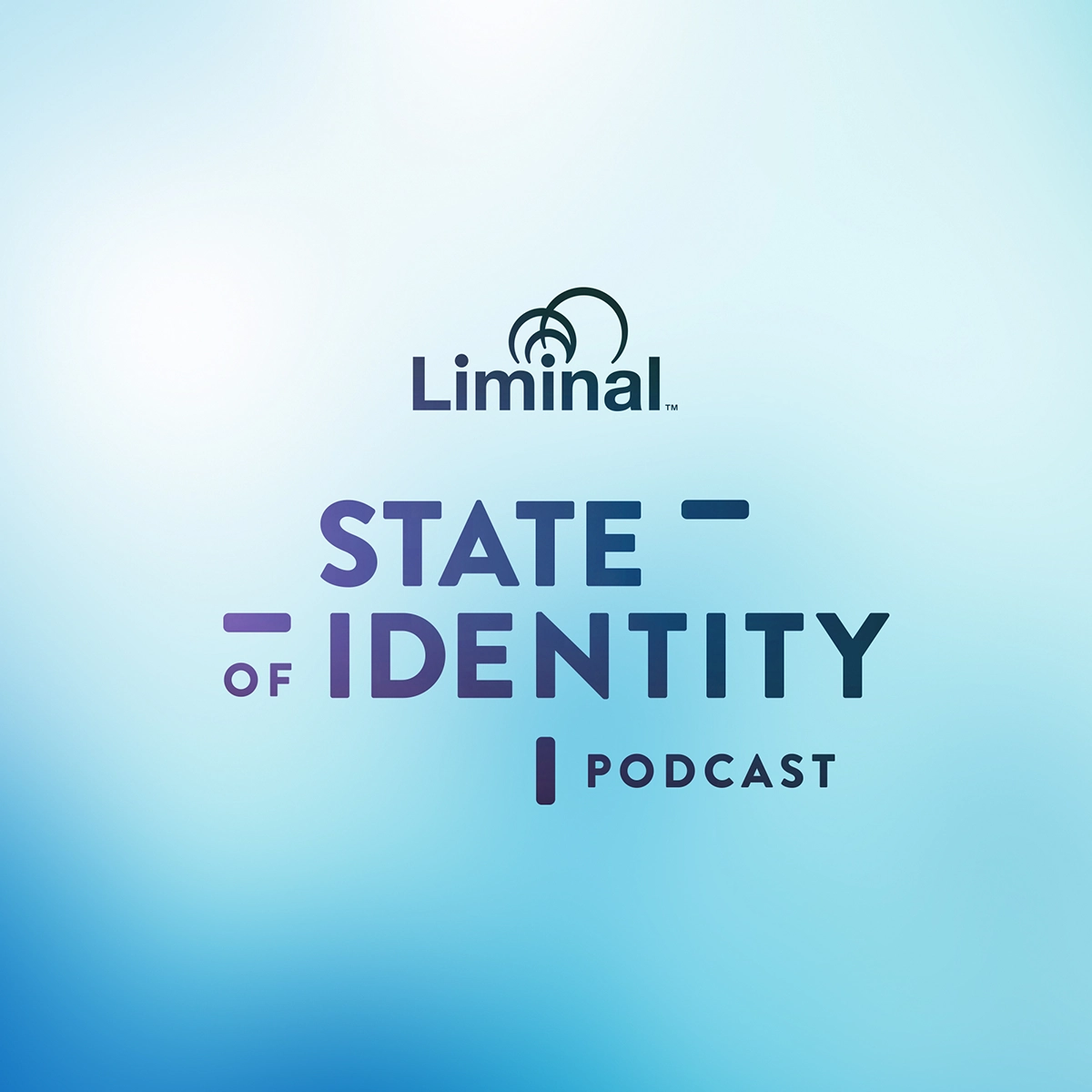Join host Cameron D’Ambrosi as he sits down with Founder, CEO and CTO of Reputationaire, Andrew Hine. They explore the fundamental lack of mechanisms to establish trust globally, across use cases from housing to hiring, and how deterministic data sets can be leveraged to solve these challenges.
PODCASTS

04/14/22
The Tech Workforce
Hosted by
Cameron D'Ambrosi
Senior Principal at Liminal
Guest
Andrew Hine
Founder, CEO and CTO of Reputationaire
Links
